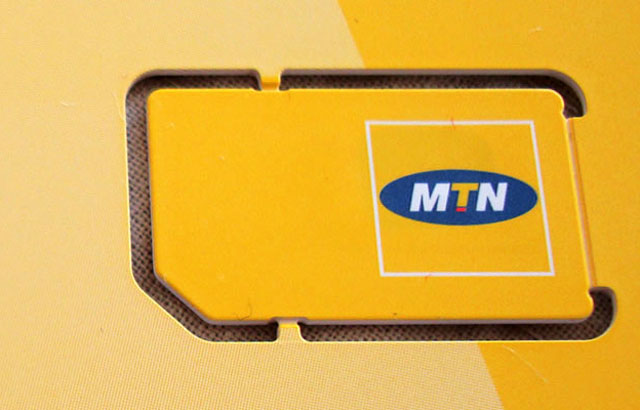
MTN is one of 15 operators still in the running for a potentially lucrative mobile telecommunications licence in Myanmar, various news wires reported on Thursday.
The shortlist has been whittled down from 90 companies that had expressed an interest in two mobile licences that will soon be up for grabs in the Southeast Asian nation, which is one of the world’s least connected countries.
In March, MTN CEO Sifiso Dabengwa said he expected to have clarity on whether the group’s bid for a licence was successful by mid-2013.
Myanmar, also known as Burma, has a population of more than 60m people. Yet, according to Dabengwa, mobile penetration is less than 5% and the quality of network coverage that exists is poor, suggesting there’s huge opportunity for growth. Dabengwa described Myanmar as a “greenfield opportunity”.
He said, too, that MTN’s “skills and competencies are in greenfield roll-outs and this would be an excellent opportunity” for the group. “The terrain is quite different from what we are used to — there’s a lot of water and mountains which could impact roll-out from a cost perspective — but the opportunity would be great for us.”
Myanmar, which has been under military rule since a coup d’état in 1962, has embarked on extensive reforms in recent years, which also saw the release of pro-democracy leader Aung San Suu Kyi from house arrest. It is set to hold elections in 2015.
Reuters reported on Thursday that of the 15 candidates remaining in the bidding, a further shortlist of about four will now be created, with two licences eventually being awarded after an evaluation process. The news wire quoted Dabengwa as saying that JSE-listed group, which has a market capitalisation of R309bn, is prepared to spend between US$4bn and $8bn (R36bn and R72bn) on acquisitions across Africa, the Middle East and Southeast Asia.
This included the option of buying a network operator in North Africa to “diversify earnings”.
MTN already has operations in 22 markets across the Middle East and Africa. Its biggest markets are Nigeria, South Africa and Iran. At the end of 2012, it had nearly 190m subscribers on its books and expects this to reach about 210m in 2013. — Sapa




